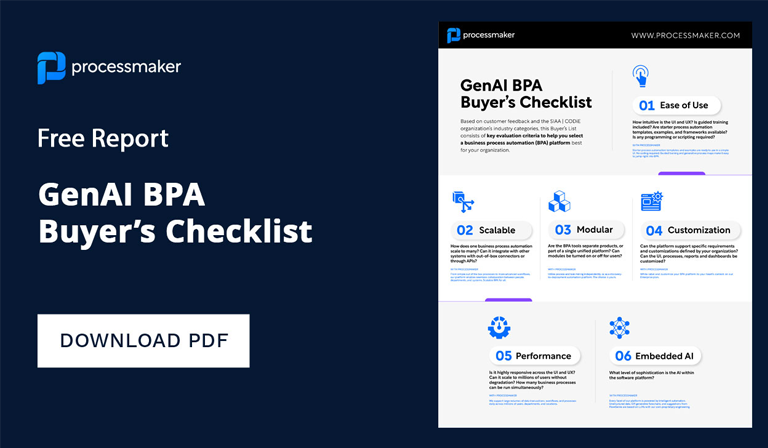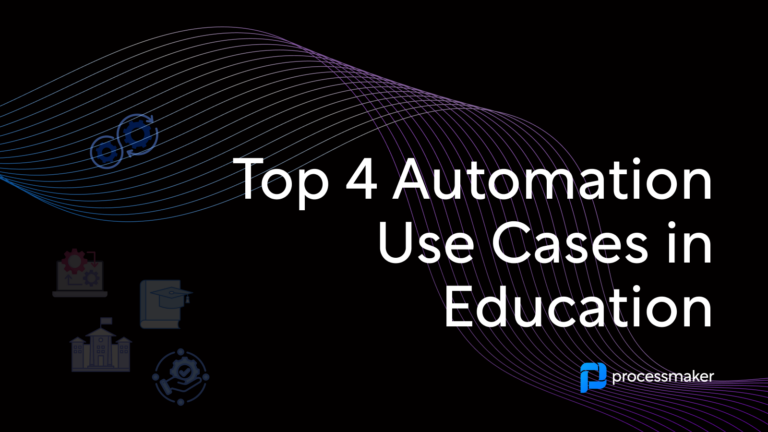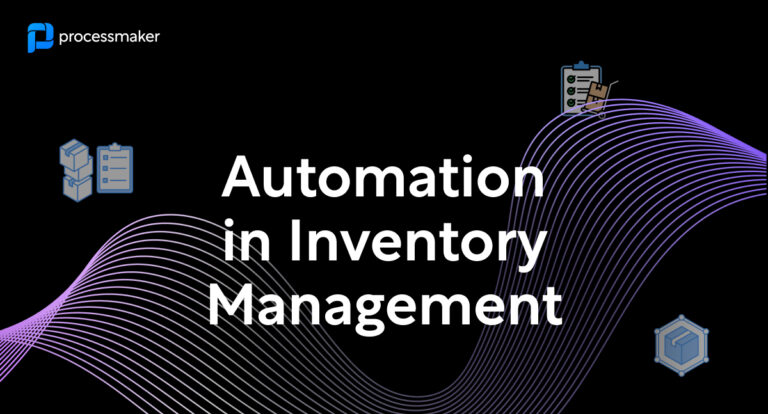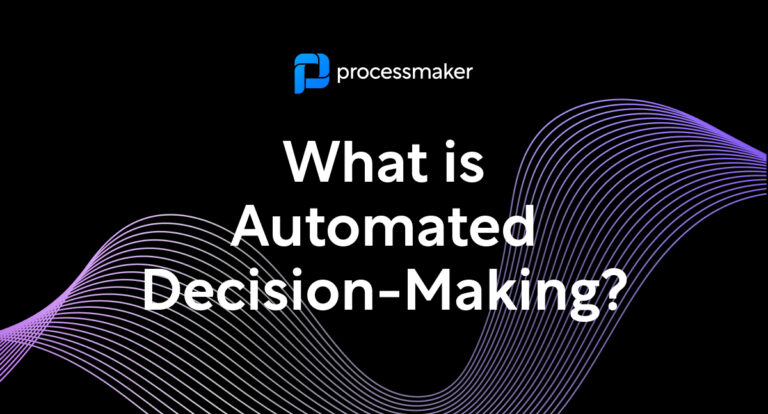A recent McKinsey Global Survey that analyzed the imperatives for automation success found that “more companies are pursuing automation now than two years ago. Two-thirds of respondents say their organizations are at least piloting the automation of business processes in one or more business units or functions, compared with 57 percent who said so in the previous survey.”
The Survey found that the most commonly deployed automation technologies are business process management (BPM) platforms and robotic process automation (RPA). “These are followed by image-recognition technologies…and automated process-mining, process discovery, and documentation tools.” The demand for process mining and process discovery tools has exploded in recent years given the proliferation of automation technologies. According to experts, the process mining software market is expected to exceed $10 billion by 2028.
Process discovery and process mining technologies help provide organizations with invaluable insights on how business processes actually perform and identify opportunities for improvement. While these terms are often used interchangeably, there are some important differences between the two technologies.
What is Process Mining?
Process mining is a technique for discovering, monitoring, and improving business processes. Using software, process mining technology automatically monitors processes, extracts data from event logs, and provides stakeholders with fact-based insights to aid decision-making and optimization. This focus on a specific business process to improve performance is a key difference between process mining vs business intelligence.
According to Gartner, “Process mining aims to discover, monitor, and improve real processes (i.e., not assumed processes) by extracting knowledge from event logs readily available in today’s information systems. Process mining includes (automated) process discovery…”. Thus, process discovery is a component of process mining.
What is Process Discovery?
Process discovery uses different techniques and tools to discover how a business process is executed. Process discovery gives stakeholders a complete picture of a process by identifying unknowns. Process discovery is a sub-category of process mining. Most process mining solutions also offer process discovery features.
Organizations can use process discovery to create what Gartner has termed as a “digital twin.” This is a digital representation of an organization that accounts for the invisible components of business processes. They are invisible because traditional process mapping techniques fail to identify them leading to an incomplete picture of an organization’s processes.
Key Differences Between Process Mining and Process Discovery
There are some key differences between process discovery and mining that are worth mentioning.
Process mining relies on event logs to analyze a business method. Process discovery technologies, however, employ an AI-based approach to unveil ad hoc human-digital interactions to uncover variations.
In other words, process mining shows what has transpired digitally while process discovery brings in the human element by focusing on user interaction data. For example, suppose Tom wants to submit a purchase order for some office supplies. He completes a purchase order entering the vendor’s information, products, prices, and payment terms. A process discovery solution will focus on Tom’s interactions to add context to data extracted from event logs through process mining.
Unlike process mining, process discovery technologies do not require integration with an organization’s back-end systems. Process discovery works through a virtual agent on the user’s desktop that records user interactions such as keystrokes and mouse clicks. These interactions are combined with context recognition to determine how tasks are performed and to identify variations.
Process mining and process discovery are not mutually exclusive. Combining the two technologies can help organizations to learn more about their business processes, optimize their processes, and implement automation throughout the organization.
ProcessMaker offers an industry leading low-code intelligent business process management suite (iBPMS). Organizations across a broad range of industries use ProcessMaker’s iBPMS with process mining and process discovery technologies to advance their digital transformation journeys.





